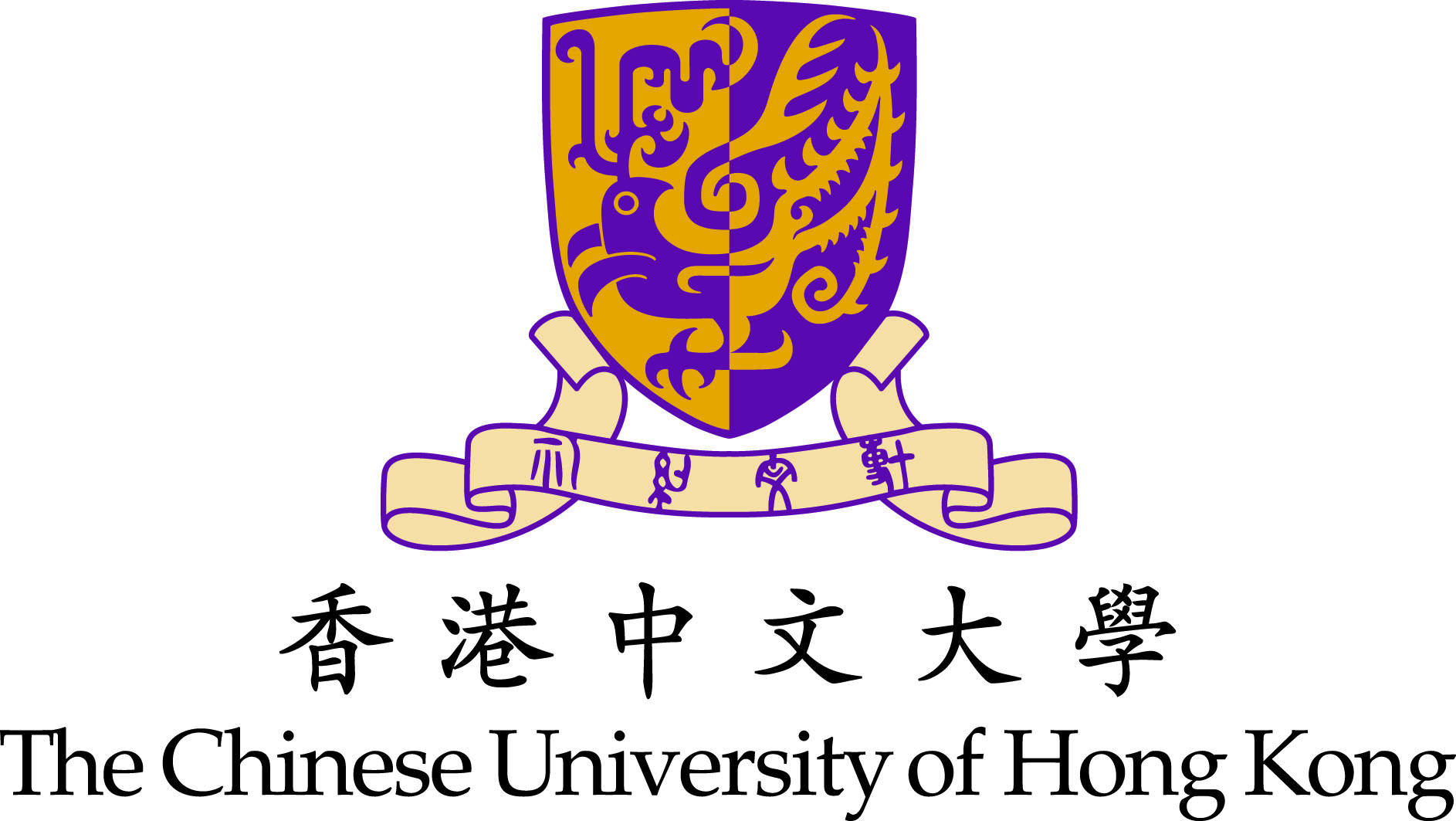
CUHK Institute of Health Equity (CUHK IHE)
Student Seminar on Health Equity
Date: 28 May 2021 (Friday)
Time: 14:00 – 17:10 (HK Time)
Programme
1400 – 1405 |
Opening Address by Prof. Mai-har Sham, Pro-Vice-Chancellor of CUHK |
Session 1 Moderator:
Commentators:
|
|
1405 – 1545 |
Title: Speaker: |
Title: Speaker: |
|
Title: Speaker: |
|
Discussion |
|
Session 2 Moderator:
Commentators:
|
|
1545 – 1705 |
Title: Employment Conditions and Health among Female Foreign Domestic Workers in Hong Kong Speaker: |
Title: One Country, Two Populations? Associations of Neighborhood Social Capital with Health among Rural and urban Chinese Residents Speaker: |
|
Discussion |
|
1705 – 1710 |
Closing Remarks by Prof. EK Yeoh, Co-director of CUHK IHE |
Registration (for audience)
| https://cloud.itsc.cuhk.edu.hk/webform/view.php?id=12839473 |
Moderators
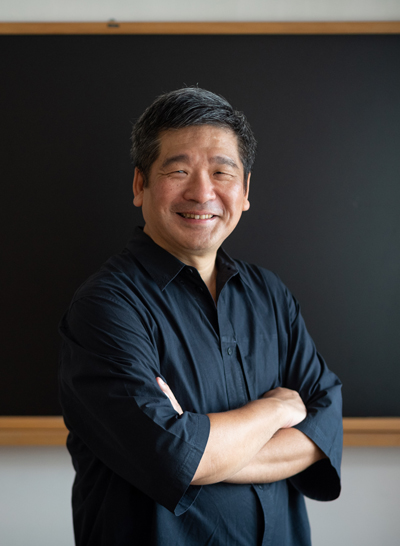 Prof. Wong Hung
Prof. Wong Hung
Associate Director of CUHK Institute of Health Equity |
Dr. Wong Hung is an Associate Professor of the Department of Social Work and the Associate Director of CUHK Institute of Health Equity and Director of Yunus Social Business Centre@CUHK at the Chinese University of Hong Kong. His research interests include poverty, social security and labour issues. He has also conducted research on marginal workers, unemployed youth , homeless people and poor residents in old urban area. He has actively advocated for Community Economic Development and the setting up of a universal pension scheme in Hong Kong. He is also the Vice-Chair of the Oxfam Hong Kong. |
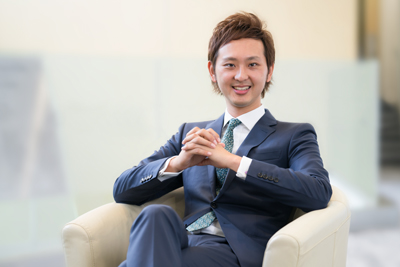 Prof. Roger Chung
Prof. Roger Chung
Associate Director of CUHK Institute of Health Equity |
Dr. Chung joined the School of Public Health and Primary Care (SPHPC) of the Chinese University of Hong Kong (CUHK) in 2011. Using the lens of biomedical ethics and justice, his research aims to empirically inquire into the social determinants of health inequalities (including poverty and health, migrants’ health, rare diseases patients’ health), as well as aging‐related issues on multimorbidity and long‐term/end‐of‐life care, and to utilize such evidence to inform health services and policy, domestically and beyond.
Dr. Chung is the founding Associate Director of the CUHK Institute of Health Equity established in January 2020 under the co‐directorship of Sir Prof Michael Marmot, Prof Eng‐Kiong Yeoh, and Prof Jean Woo. He is also a founding member of the Centre for Health Systems and Policy Research, a founding member of the Research Centre for Migration and Mobility, an executive member of the Centre for Health Systems and Policy Research, Centre for Quality of Life, and an Assistant Professor (by courtesy) at the CHUK Institute of Ageing. On an international level, Dr. Chung is the Vice Chair of the Public Health Global Challenge Steering Group of the Worldwide Universities Network (WUN), spearheading the direction of research and collaboration in public health for 23 international research universities in the world. In September 2018, Dr. Chung was elected the Inaugural National Academy of Medicine (NAM) International Health Policy Fellow by the prestigious NAM in the US, studying social determinants of healthy longevity. Furthermore, he is the Vice President of Hong Kong Life and Death Studies Association, a social enterprise integrating professional knowledge and ideas from a wide range of young professionals in innovating life and death education, advance care planning, longterm care and after‐death arrangements in Hong Kong; and he is a co‐host of the only “Life and Death Education” Radio Program in Hong Kong. Apart from his academic life, he is also an award‐winning and celebrated recording artist/producer. Dr. Chung obtained the Bachelor degree in Public Health from Johns Hopkins University and Master of Health Science from Johns Hopkins Bloomberg School of Public Health in the US in 2005. He further received his Doctor of Philosophy (PhD) degree from the School of Public Health of the University of Hong Kong in 2011, with his study on the impact of socioeconomic development on population health, from which he also won the Presidential Award for Best Oral Presentation from the Hong Kong College of Community Medicine. |
Commentators
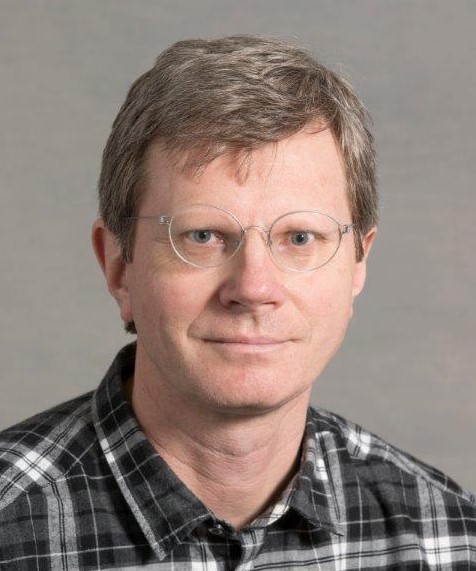 Prof. Martin Bobak
Prof. Martin Bobak
Professor of Epidemiology, Institute of Epidemiology and Public Health, University College London |
Martin Bobak is medical epidemiologist, Professor of Epidemiology and the head of the Central and Eastern European Health Research Group in the Institute of Epidemiology and Public Health at University College London (UCL). He graduated from Charles University in Prague and subsequently obtained is MSc and PhD at London School of Hygiene and Tropical Medicine.
Prof. Bobak’s research focuses on understanding the determinants of health in Central and Eastern Europe and the former Soviet Union, with a broad interest in the effects on health of societal, socioeconomic, psychosocial, behavioural and environmental factors. Prof Bobak leads a large multi-centre cohort study on health during societal transition, participates in numerous international collaborations and co-directs MSc in Population Health at UCL. |
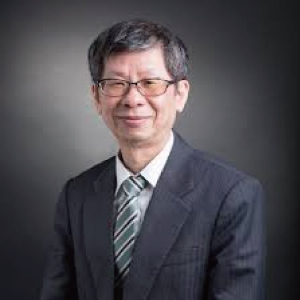 Prof. Tung-liang Chiang
Prof. Tung-liang Chiang
Professor of Health Policy, College of Public Health, National Taiwan University |
Tung-liang Chiang is Professor and former Dean of the College of Public Health, National Taiwan University. In 1984, he received his ScD in health policy and management from the Johns Hopkins University. Professor Chiang is one of three pioneer architects of Taiwan’s National Health Insurance, which was inaugurated on March 1, 1995. In 2014-2016, he served as the Executive Director of the Higher Education Evaluation and Accreditation Council of Taiwan.
Professor Chiang’s research interest has focused on health care reforms and social determinants of health. Since 2003 he has been the principal investigator for the Taiwan Birth Cohort Study, following up a nationally representative sample of more than 20,000 babies born in 2005. Professor Chiang has published extensively, including three recent edited books: Health Care System Reform and Policy Research in Taiwan (World Scientific Singapore, 2020), The Third Wave of National Health Insurance Reform in Taiwan (Taipei: Commonwealth Publishing, 2021), and Higher Education in Taiwan: Global, Political and Social Challenges and Future Trends (Springer Nature Singapore, 2021). |
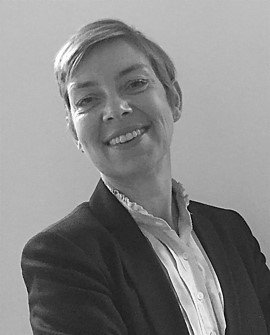 Dr. Kira Fortune
Dr. Kira Fortune
Coordinator of Social Determinants of Health, Division of Healthy Environments and Populations, World Health Organization Regional Office for the Western Pacific |
Dr. Kira Fortune is the Coordinator of the Unit on Social Determinants of Health and Violence and Injury Prevention at the regional WHO office of the Western Pacific, in Manila. She leads the work on gender mainstreaming, health equity, community engagement, migration, alcohol and violence with a key focus on the implementation of the Sustainable Development Goals.
Kira has spent the last 20 years specializing in public health, gender, health promotion and social determinants of health in various international organizations across the globe. Prior to taking up the position in Manila, she spent ten year at the Pan American Health Organization/Regional Office of the World Health Organization in Washington D.C., focusing on the social determinants of health, health promotion, health-in-all policies and the sustainable development goals both within the Americas, but also beyond. Kira has extensive experience working across the international stage from global NGOs, academia as well as with inter-governmental organizations. Prior to joining the World Health Organization, Kira coordinated The International Health Research Network in Denmark and spent four years working in the Department of Global Advocacy at The International Planned Parenthood Federation in London. Kira also worked for three years with UNICEF in Dar es Salaam, Tanzania, where she was responsible for the program on Prevention of Mother to Child Transmission of HIV. Kira holds a Doctorate in Sociology with a specific focus on Gender Mainstreaming from City University, London; a Master’s Degree in Anthropology, Gender and Development and a Bachelor of Science in Anthropology from the University of London. Additionally, she has a Master’s Degree in International Health from University of Copenhagen. |
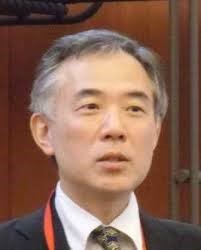 Prof. Hideki Hashimoto
Prof. Hideki Hashimoto
Professor in Health and Social Behavior, The University of Tokyo School of Public Health |
Currently his research interests rest on social determinants of health, and health impact assessment of public policy including universal health coverage, education, and family welfare program. He is a core project leader for the Japanese Study of Retirement and Ageing, a Japanese sister to Health Retirement Study and her global family, and a PI for a new panel study of young households in the greater metropolitan Tokyo, the Japanese Study of Stratification, Health, Income, and Neighborhood (JSHINE). He joined Lancet’s Japan Series in 2011 featuring Japan’s achievement of universal health coverage for 50 years. He contributed as a chapter author for the recent Japan Health System Review, and served as a reviewer for OECD’s Reviews of Public Health Japan. He received MD from the University of Tokyo, and DPH from Harvard School of Public Health. |
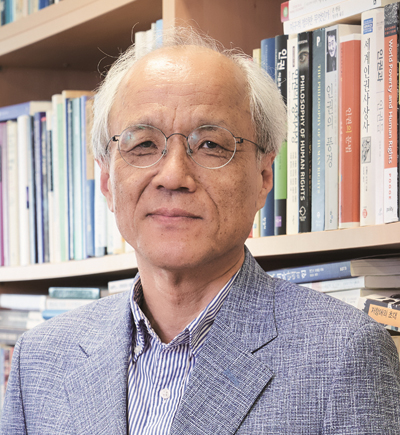 Prof. Chang-yup Kim
Prof. Chang-yup Kim
Professor of Health Policy, School of Public Health, Seoul National University |
His current researches include health and social policy, equity and justice in health, health reform, and critical health studies. He is the founding president of the Korean Society for Equity in Health, and the former president of the Academy for Critical Health Policy, Korea Society for Global Health, and Korea Society of Health Policy and Administration. Also, he has involved in research activities in collaboration with civil society, currently holding the position of the president and director of the People’s Health Institute, an independent not-for-profit research organization.
He was the founding director of the National Health Insurance Research Institute during 2000 and 2001 (currently Health Insurance Policy Research Institute of the National Health Insurance Service). During 2006-2008, he served as the president of Health Insurance Review and Assessment Services (HIRA). |
 Prof. Richard Watt
Prof. Richard Watt
Professor and Honorary Consultant in Dental Public Health, Department of Epidemiology and Public Health, University College London |
Richard is a Professor and Honorary Consultant in Dental Public Health, in the Department of Epidemiology and Public Health at University College London (UCL). He is the Director of the WHO, Collaborating Centre on Oral Health Inequalities and Public Health and is also Director of Research for Central North West London NHS Foundation Trust. He graduated from University of Edinburgh Dental School in 1984 and then completed a MSc and PhD in Dental Public Health at UCL.
His main research interests focus on social and commercial determinants of health inequalities and the development and evaluation of community-based health improvement interventions. He is currently the co-chair of the Lancet Commission on Oral Health and is a National Institute of Health Research Senior Investigator. |
Students
Mr. Cheung Wai Lok |
An equality of opportunity conception of equity
|
Mr. Yang Han |
One Country, Two Populations? Associations of Neighborhood Social Capital with Health among Rural and urban Chinese Residents
|
Ms. Yan Huang |
IntergenerationABILITY: Enhancement of Physical Literacy for Students with Special Educational Needs and Older Baby Boomers in Hong Kong
|
Mr. Timothy Sumerlin |
Employment Conditions and Health among Female Foreign Domestic Workers in Hong Kong
|
Ms. Xiaofan Zhou |
The Relationship between Income, Physical Function, Caregivers’ Interaction and Meaning in Life in Institutional Care Elderly
|



